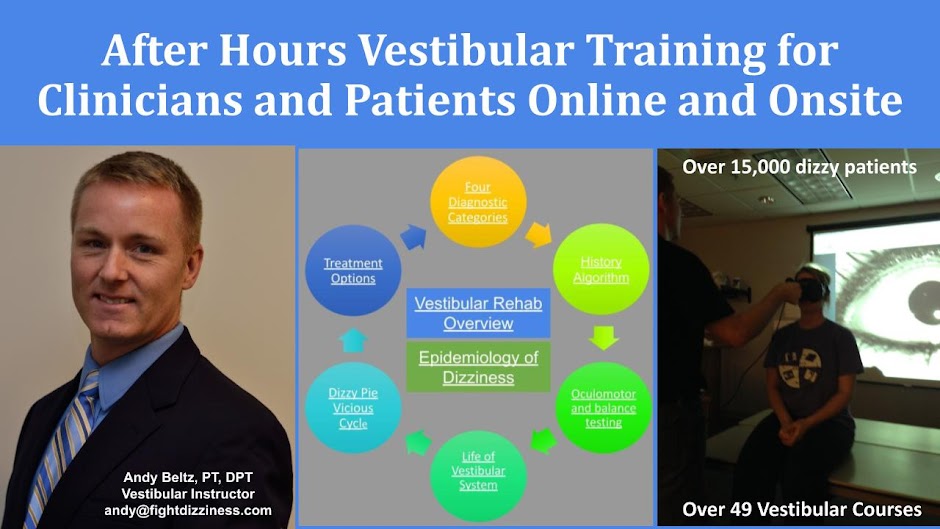Tuesday, November 30, 2010
The eyes are the windows
to the inner ears. If it weren't for our inner ears, we wouldn't be able to see clearly when we move. Inner ear and brainstem/cerebellar disorders "spin" the eyes causing nystagmus. Usually, the reason a person feels spinning is because their eyes are spinning. We use a video eye movement recorder to find and name nystagmus. The type of nystagmus an individual has allows us to help discover a peripheral and/or central vestibular problem that may be causing dizziness.
Monday, November 29, 2010
The inner ear
is powerful. It never ceases to amaze me. Every time I talk about it with my clients, I am overwhelmed at its complexity. Hearing alone is fascinating, but the fact that the inner ear holds our eyes still when we move, without us even thinking about it, is really something. I think the only people who can totally appreciate it are the individuals who have vestibular problems. When it no longer works properly, they truly appreciate what they are missing.
Friday, November 26, 2010
Constant Corrections
In order to have good balance and not feel dizzy, our bodies must be able to make constant corrections regarding where it is in space. When standing, even when we try to hold still, our vestibular system is constantly adjusting the way our body maintains balance. The peripheral part of the vestibular system is amazing and it helps out a lot with this.
Thursday, November 25, 2010
Happy Thanksgiving and welcome to my blog. I look forward to sharing with you my experiences, insights and thoughts gathered from helping others battle dizziness (from the perspective of a physical therapist).
Subscribe to:
Posts (Atom)
